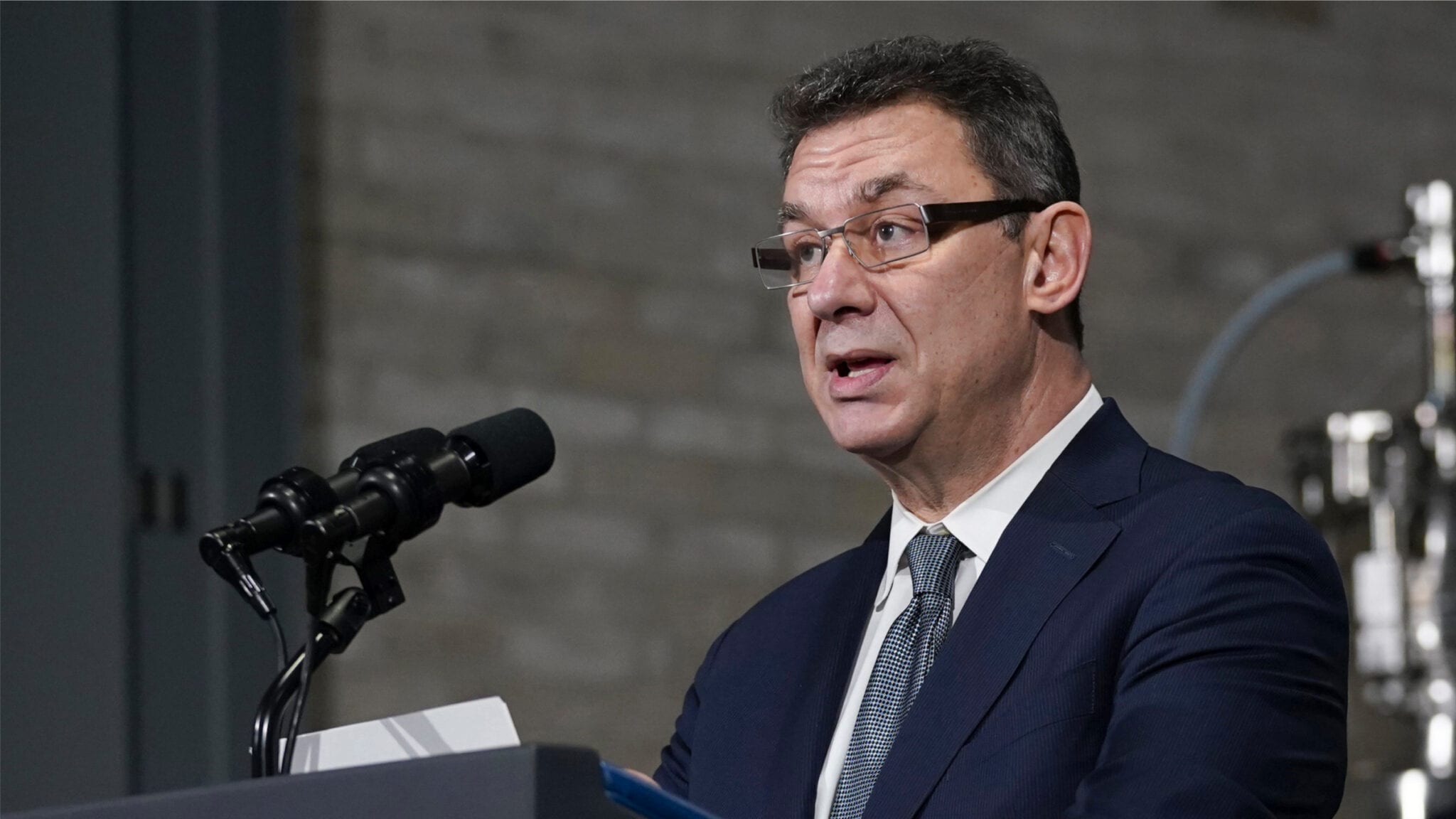
Covid-19 roundup: Pfizer to supply US with 200M more vaccines as UK study finds higher antibodies in 8-10 week intervals
The US government has purchased 200 million more doses of the Pfizer/BioNTech vaccine, the companies announced Friday morning.
Pfizer and BioNTech expect to deliver 110 million of the additional doses by Dec. 31, with the remaining 90 million doses to be delivered no later than April 30, 2022.
“Under this contract, the U.S. Government is paying ~$24 a dose for the Pfizer-BioNTech COVID-19 Vaccine. The price for this order accounts for the additional investment necessary to produce, package and deliver new formulations of the vaccine, as well as the increased cost associated with delivering the vaccine in smaller pack sizes to facilitate delivery at individual provider offices, including pediatricians,” a Pfizer spokesman told Endpoints News.
Unlock this article instantly by becoming a free subscriber.
You’ll get access to free articles each month, plus you can customize what newsletters get delivered to your inbox each week, including breaking news.